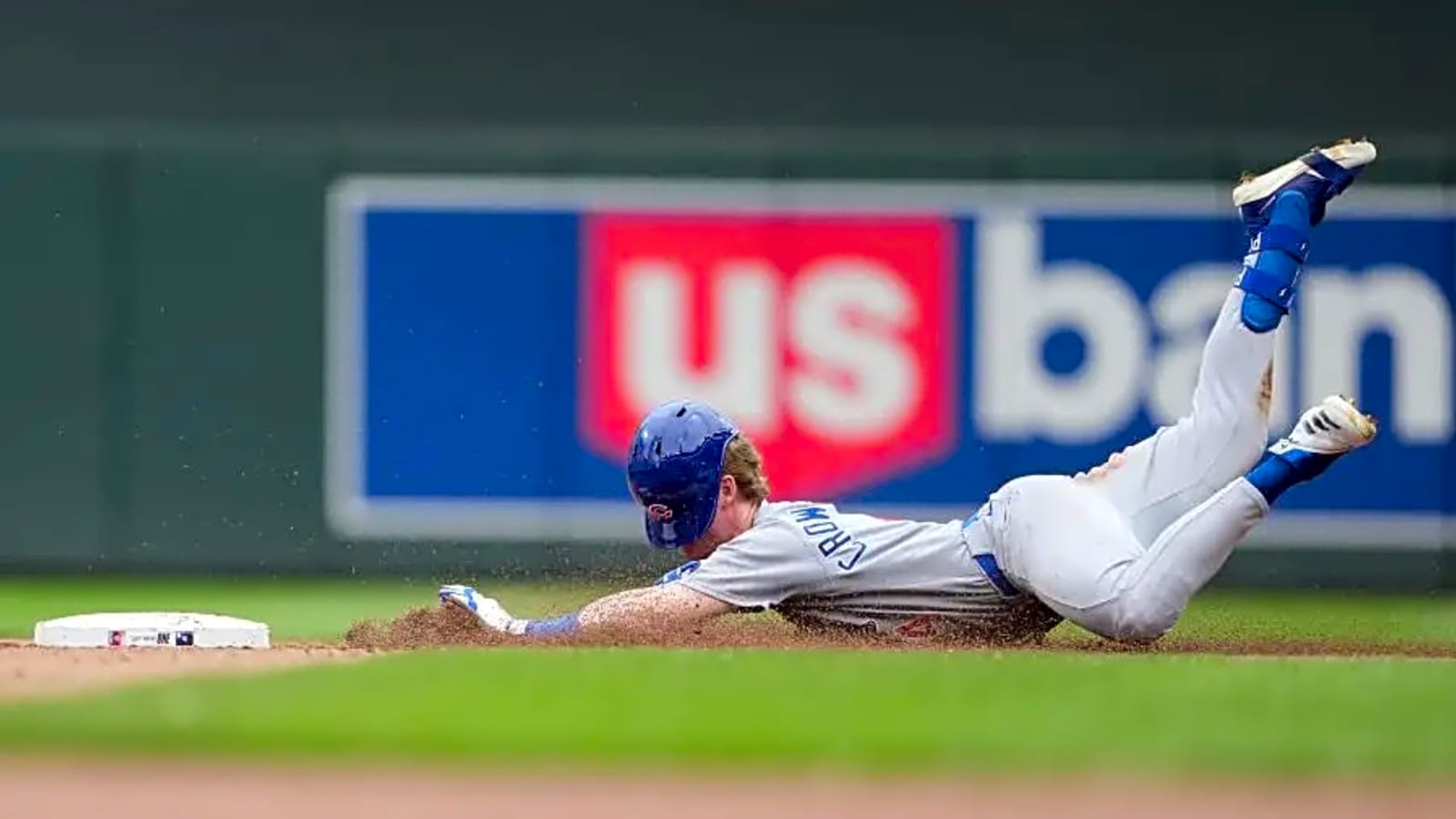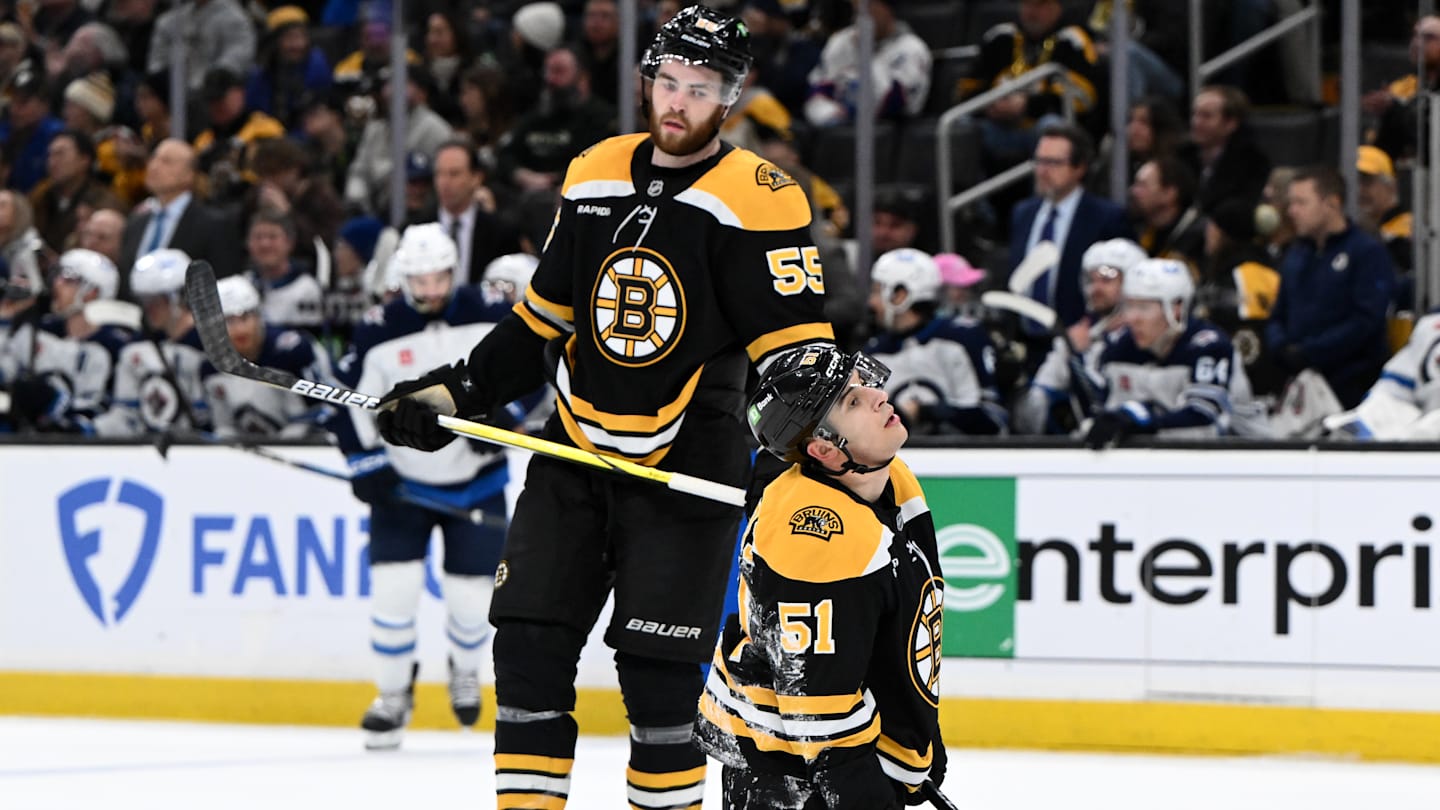-1752254730-q80.webp)
Whoops!
Page not found!
The page you are trying to reach cannot be found. In the meantime feel free to search or check out the articles below.
-1752254730-q80.webp)
-1752252991-q80.webp)
Blogger Leaks Alleged Texts From Katie Ginella and Details Off-Camera Convo as Katie is Called Out for Lying on RHOC Premiere










